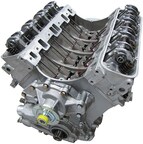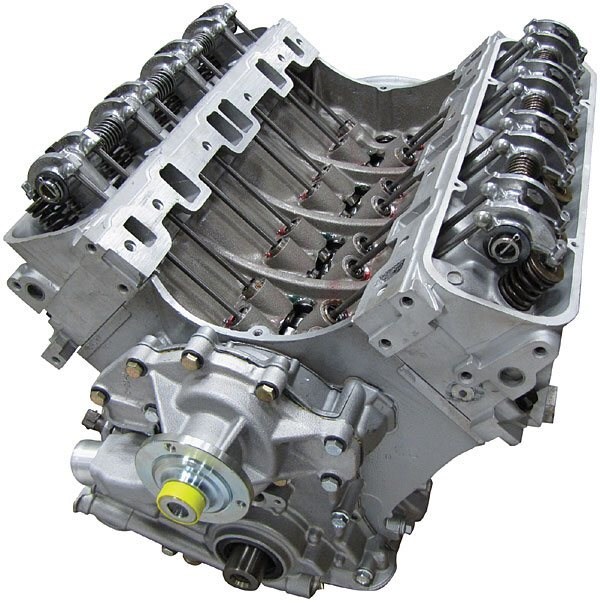Used Engines or Remanufactured Engines for cars; comments, and advantages.
JACKSONVILLE, Fla., May 16, 2024 /PRNewswire-PRWeb/ -- Remanufacturing vs. Rebuilding: Not the Same
Remanufacturing: This is an extensive process where the engine is completely disassembled and meticulously inspected. Worn parts are replaced with high-quality components, often exceeding original specifications. The engine block itself is thoroughly cleaned and machined to ensure proper tolerances. are essentially brought back to "like-new" condition.
Rebuilding: Rebuilding typically involves replacing only the most worn-out parts in an engine. The quality of the rebuild depends on the shop and the parts used. Rebuilt engines can be a good option, but they might not be as reliable or long-lasting as remanufactured ones.
Going Used: A Gamble on Mileage
Pros:
Extreme affordability: A can be significantly cheaper than a remanufactured or new one. This can be a lifesaver if you're on a tight budget.
Cons:
Mileage Mystery: You have no way of knowing the true history of the used engine. It could have high mileage or previously undisclosed problems.
Quality Inconsistency: The quality of repairs and replacement parts used in a can vary greatly. There's no guarantee of its reliability.
No Warranty: Used engines are typically sold "as-is" with no warranties. If it fails soon after installation, you're on the hook for another engine.
Remanufactured: Like-New Performance with Guarantees
Pros:
Reliable Performance: Remanufactured engines are rebuilt to meet or exceed original specifications. They should perform just as well as, if not better than, your original engine.
Extended Lifespan: Because most parts are replaced or repaired, a remanufactured engine should last for many miles.
Peace of Mind Warranty: Most remanufactured engines come with a warranty that protects you in case of unexpected failures. This gives you confidence in your investment.
Cons:
Higher Cost: Remanufactured engines are more expensive than used engines, but they're still cheaper than new ones.
Wait Time: The remanufacturing process takes time, so you might be without your car for a while.
The Bottom Line: Consider Your Needs
For the Budget-Minded with a Risk Tolerance: If affordability is your absolute priority and you're willing to gamble on the condition of the engine, a used engine might be an option. Just be prepared for potential problems down the road.
For Reliability and Performance: If you prioritize a reliable engine with like-new performance and are willing to spend more, a remanufactured engine is the better choice. The warranty provides additional peace of mind.
Additional Factors to Consider:
Your car's value: If your car is older and has lower value, a used engine might make more sense financially.
Your mechanical expertise: If you're handy and comfortable installing a used engine yourself, you can save on labor costs. However, this is not recommended for most people.
Availability: Remanufactured engines might not be readily available for all car models, especially older ones. In such cases, a used engine might be your only option.
Remember, consulting with a trusted mechanic can help you decide which option is best for your specific situation and budget.
Media Contact
Yalda, Sharper Edge Engines LLC, 1 9046080567, [email protected],
SOURCE Sharper Edge Engines LLC



Share this article